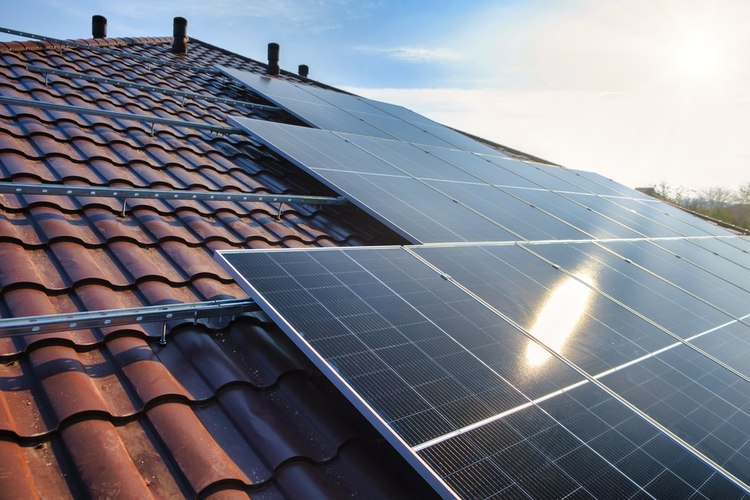Understanding Solar Panel Systems: A Comprehensive Guide to Powering Your Home
Solar panel systems represent a significant advancement in renewable energy technology, offering homeowners a sustainable way to power their properties while potentially reducing electricity costs. These systems convert sunlight into usable electricity through photovoltaic cells, providing an environmentally friendly alternative to traditional power sources.

The Financial Benefits of Solar Energy Investment
Installing solar panels can lead to substantial long-term savings on electricity bills. While the initial investment may seem significant, many homeowners see returns through reduced energy costs and potential government incentives. Additionally, solar panels can increase property values, making them a smart financial decision for many homeowners.
| System Size | Estimated Cost | Average Annual Savings |
|---|---|---|
| 5kW System | $15,000-$25,000 | $650-$900 |
| 10kW System | $27,000-$35,000 | $1,300-$1,800 |
| 15kW System | $40,000-$50,000 | $1,950-$2,700 |
Prices, rates, or cost estimates mentioned in this article are based on the latest available information but may change over time. Independent research is advised before making financial decisions.
Building Requirements for Solar Installation
Before installing solar panels, several building considerations must be evaluated. The roof’s structural integrity, orientation, and angle are crucial factors. Most installations require a south-facing roof with a 30-45 degree angle for optimal sun exposure. Local building codes and homeowners’ association regulations may also impact installation possibilities.
Renewable Energy Impact on Property Value
Solar panel systems typically increase a property’s market value. Research indicates that homes with solar installations often sell faster and at higher prices than comparable properties without solar systems. The exact value increase depends on factors such as system size, local energy costs, and market conditions.
Choosing the Right Solar System Components
A complete solar system includes several key components:
-
Solar panels (modules)
-
Inverter system
-
Mounting equipment
-
Monitoring system
-
Battery storage (optional)
-
Safety disconnects
Each component must be carefully selected based on your home’s specific energy needs, budget constraints, and local climate conditions.
Long-term Maintenance and System Efficiency
Solar panels require minimal maintenance but benefit from regular cleaning and annual inspections. Most systems last 25-30 years, with manufacturers typically offering 20-25 year warranties. Regular maintenance ensures optimal performance and extends system longevity, maximizing your return on investment.






